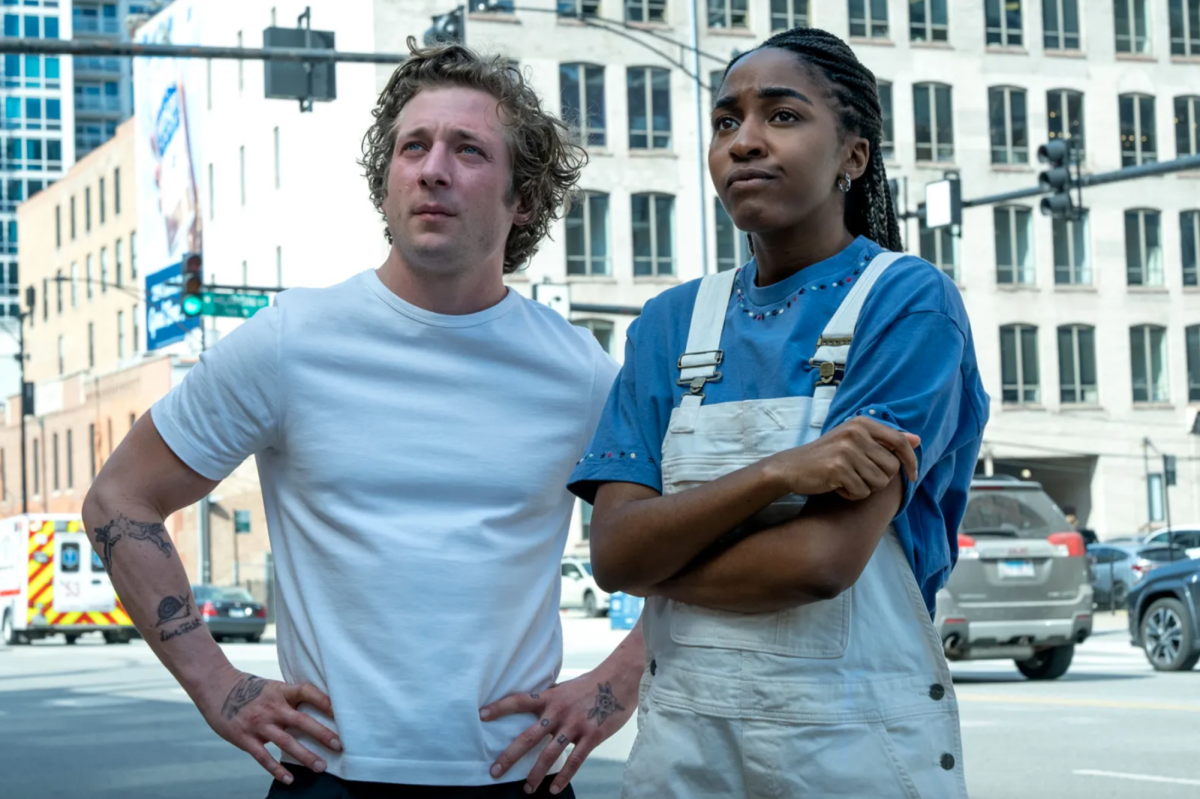Have no fear, the college reps are here
Your ultimate guide to have that winning talk with college reps.
February 4, 2016
In the first semester, college reps from over seventy different schools and eight different countries visited Sacred Heart. These visits give Sacred Heart students a chance to interact with college reps from all over the world, from many different colleges. Applying to the right college could be the most expensive decision a high school student makes; therefore, it is of utmost importance that students are provided with all the information they need to make that decision. For most students, this journey begins by talking to college reps that visit their high schools. However, whether you are an underclassman just starting the college application process or an upperclassman making final decisions, talking to college reps can be a nerve racking experience for many students: coming up with “good” questions and starting interesting conversations can be an arduous task.
The first thing to know: college reps don’t just come to any school. They come to look for students who could make a contribution to their college, so they are very interested in students from your type of school to apply to their college. In an email, Ms. Jennifer Matthews, a college rep from Hamilton University writes, “We come to your school because we know it’s worth both the financial investment of our institutions in the travel costs as well as the staff time to come meet you face-to-face and have meaningful conversations about what our schools have to offer, and get to know what you have to offer our communities as well.”
In short, it is a win – win situation when college reps visit your school. It gives the students a chance to get to know first hand about universities that they may be interested in applying to, as well as talking to an administrator that may or may not be reviewing student applications.
The college counselor of Sacred Heart, Ms. Braun, advises students to, “take the time to talk to each rep that they have time for, as they can find that there are several schools in the world that they have probably never heard of, but have fantastic programs for what they are interested in.”
So how do you make the most of college reps visiting your school? And what are those winning questions to ask?
Before talking to college reps it is important to have a baseline understanding of what it is that each student is looking for. Ms. Braun says that talking to college reps is like “interviewing” the school, instead of wasting time visiting that school. Ms. Braun further recommends that each student knows which field of study they are most interested in, which countries the student is considering studying in, and if there are any extracurriculars students would like to continue. Mr. Kevin Keller, from Xavier University, says “[students could come] armed with what you are looking for or what you want. Ask yourself these questions: Do I have a major I am looking for? What size of campus do I want?”
Although it is tempting to ask the easy questions like, ‘What is the school’s top major?’ or ‘What is the school’s average SAT score’, Ms. Matthews says that “this kind of stuff is available on every college’s website,” and therefore doesn’t make a good impression on the college reps. A student who sticks to those types of questions is now part of a big pool of students who also asked those same questions. In short, avoid all questions about the statistics of the college, as all of this information can be found online, and the college reps have answered these questions millions of times.
However, sometimes if a student is seeing this college for the first time, knows nothing about it, there are some ways to improve standard questions. For example, a common bad question is “What is your rank?”, a better question, suggests Ms. Braun, could be, “The following programs, x, y, z, are important to me. I’d like to go to a program that is very strong and well known. Do your programs have any notable rankings?” Another popular question such as “What are you top (best/most popular) major?” can be translated into “What are some of your more unique academic programs?” says Ms. Matthews. Other examples of good questions says Ms. Michelle Lewis from Carroll College are,“What is the typical student like? What do they do for fun on the weekends? What are some traditions on your campus that would be great for me to take part in?” Simply rewording the question, could get students to start interesting conversations with the college reps.
A common problem among students is talking to college reps of schools students have not heard of. Ms. Braun suggests that students should “quickly google the school to find the geographic location, to see if this school would be a potential school you apply to.” Ms. Matthews from Hamilton University says that even if you just start the conversation with, “I’ve never heard of your school – can you tell me a little bit about it? It’s perfectly fine – many of us are used to answering this type of question. I personally love it when a student who’s never heard of Hamilton comes and talks to me. It shows you are seriously invested in this process of finding the best fit institution for YOU.” College reps are there to meet students and talk to them about not only their college, but the entire college process; from how to apply to being a successful student, so the key is not to be shy, and go up to the reps and talk, even if you don’t know their school.
It is also a common misconception that college reps are trying to “sell” their school. Mr. Keller, from Xavier University says that, “We are trying to find students who are a good fit.” That could be an academic fit, social fit, or a financial fit. “I am more than happy to tell a student that they won’t be a good fit for my school and make suggestions of where they might find success,” Mr. Keller continues. Ms. Lewis from Carroll College has a similar view to Mr. Keller, she says, “We do not tell students what they want to hear. It only hurts them, and us, as students won’t be happy at our school if we don’t paint the real picture for them.”
As upperclassmen, make sure you ask the college reps how they got to where they are and what their classmates were like to get an idea of the college. “Upperclassmen should be asking about specific program outcomes, what makes a student successful, financial aid opportunities and finally questions about what makes you stand out in the application process,” says Mr. Keller from Xavier University.















































